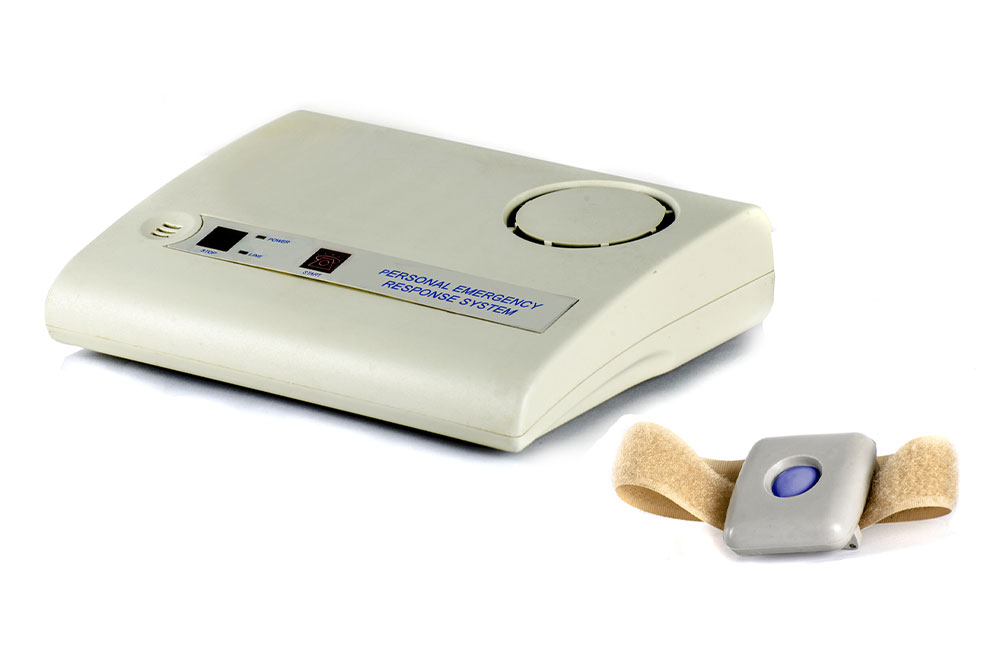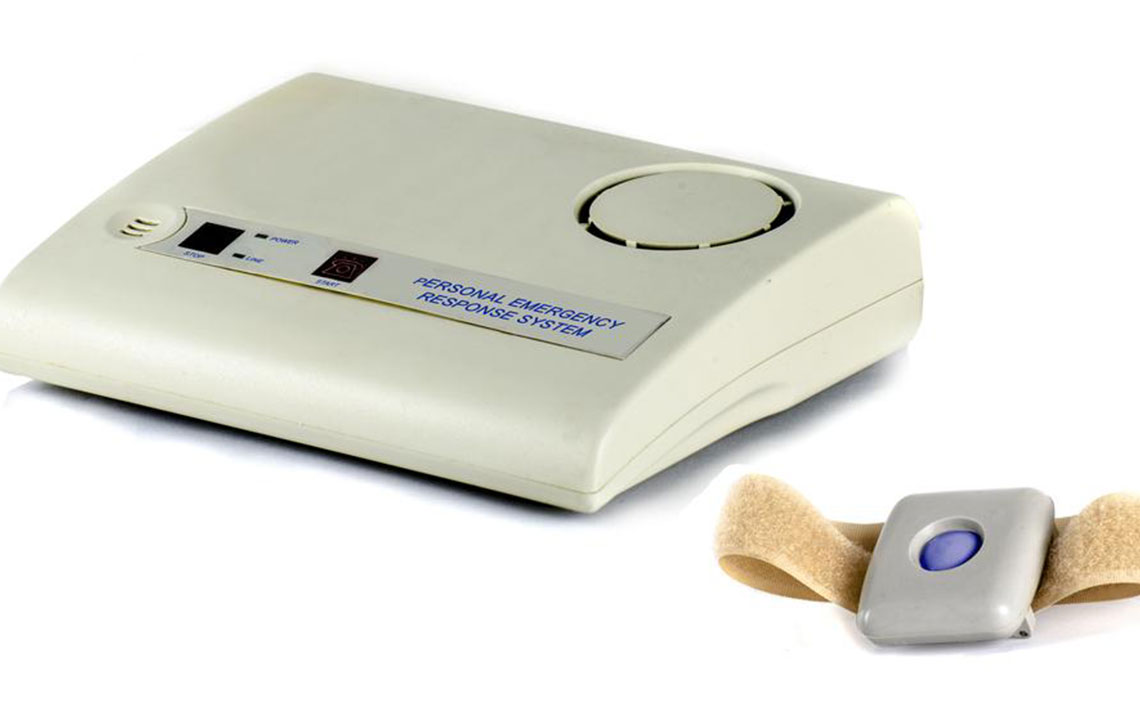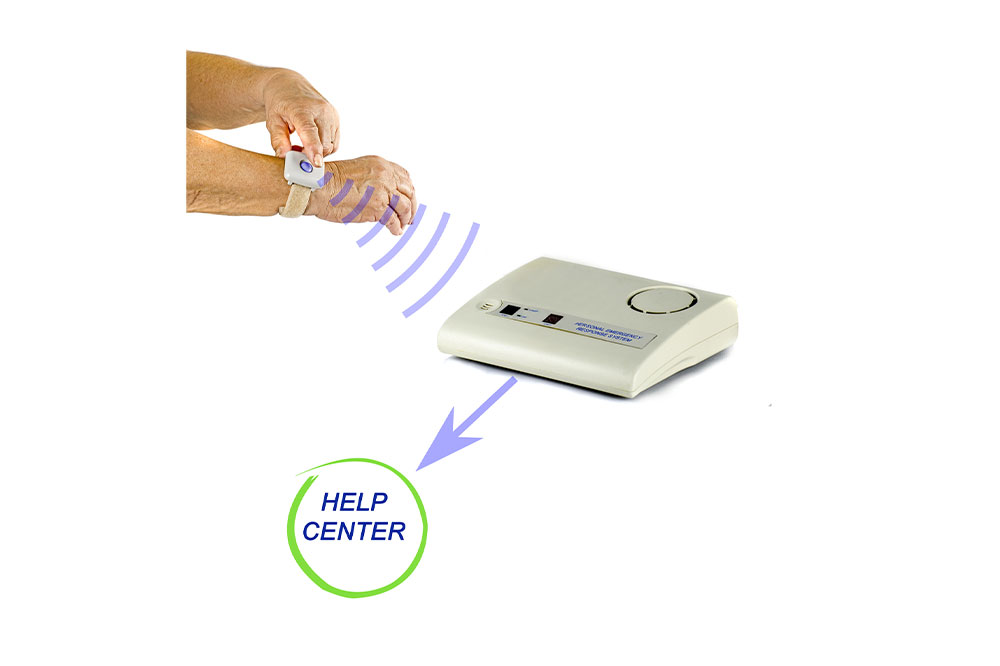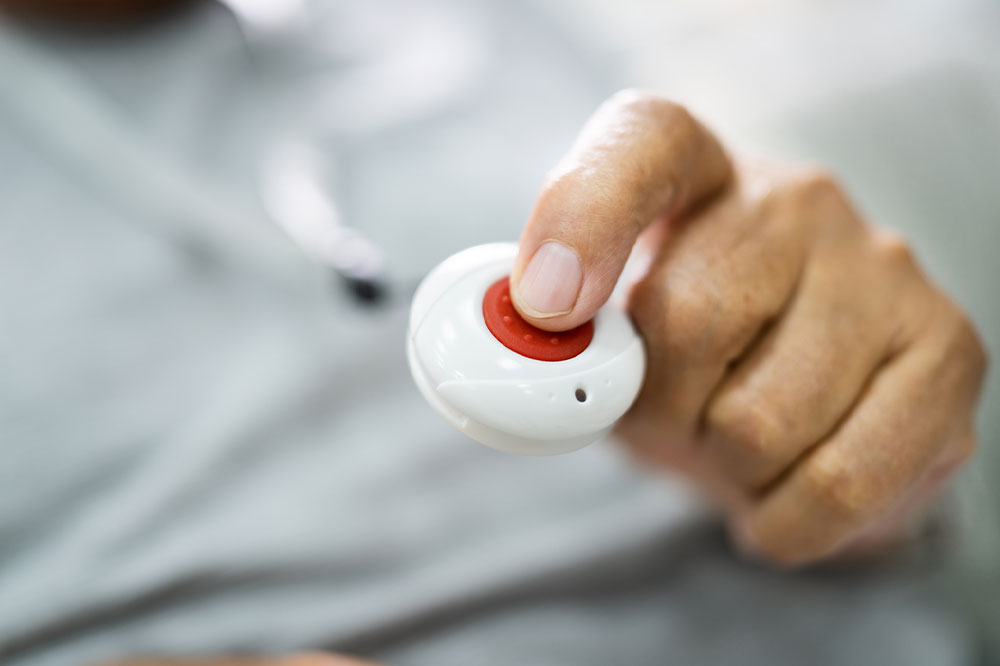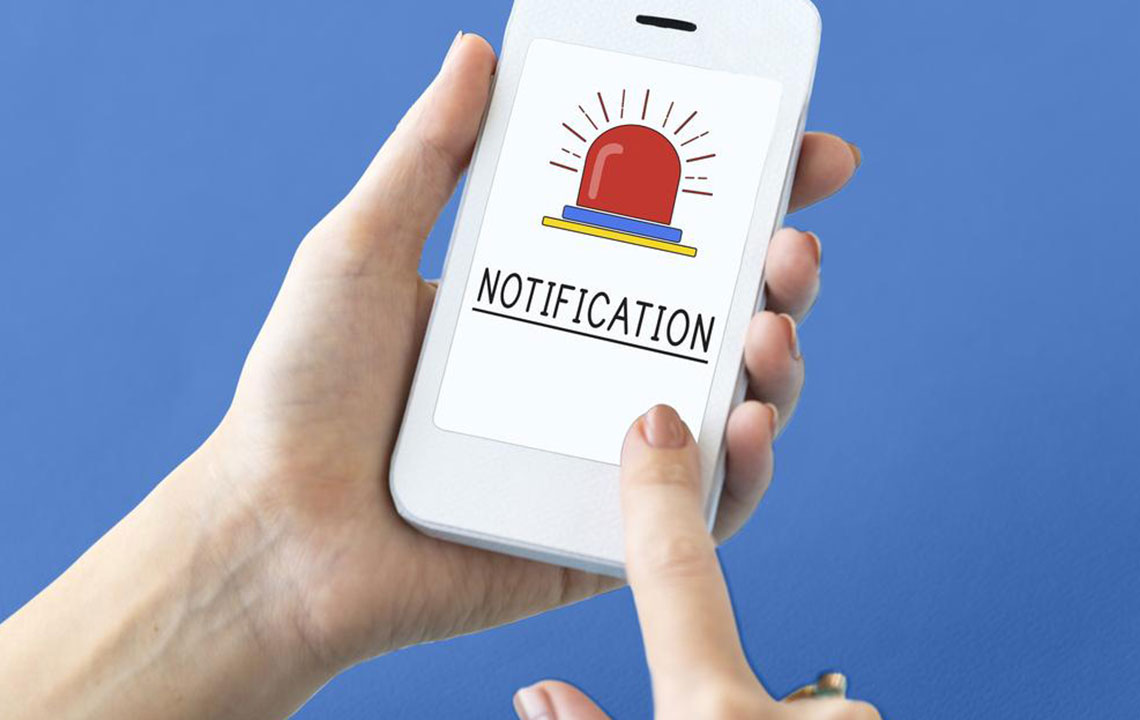Guide to Medical Alert Systems and Medicare Coverage
Discover essential information about medical alert systems, their benefits for seniors, costs, and Medicare coverage options. Learn about top brands and features to ensure safety and independence for elderly family members.
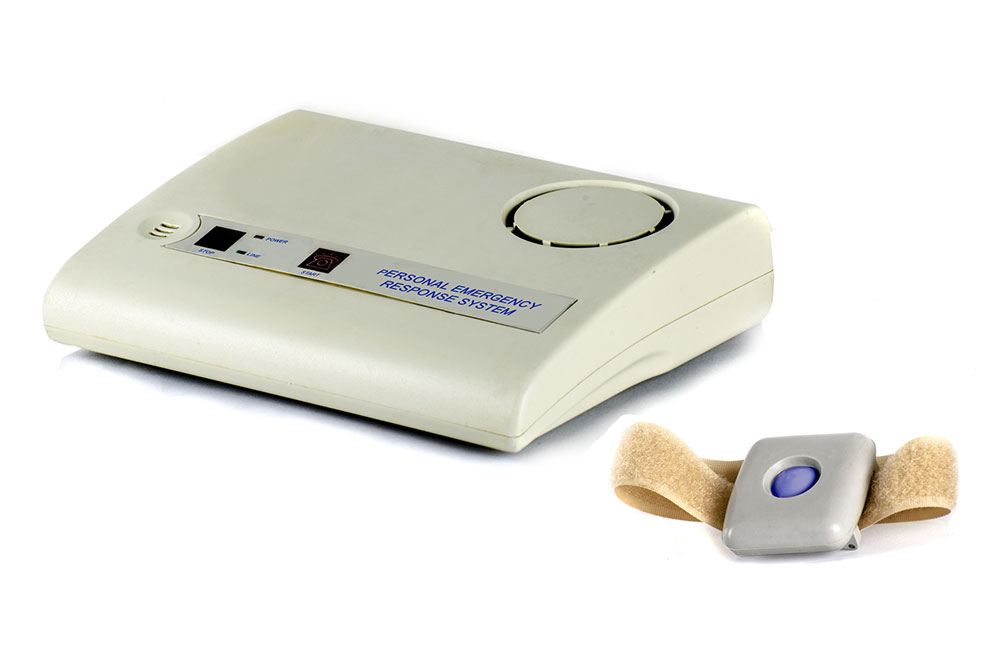
Understanding Medical Alert Systems and Medicare Eligibility
For elderly loved ones living alone, extra safety measures are vital, both inside and outside the home. Medical alert systems offer prompt assistance in emergencies, which is crucial for safeguarding seniors from injuries or falls. Before choosing a system, questions like "What is a medical alert system?" and "Are they covered by Medicare?" are common. Here's a comprehensive overview to aid your decision-making.
What exactly are medical alert systems?
Medical alert systems are devices designed to help seniors maintain independence by providing immediate access to emergency services. These compact devices can connect users directly to help centers with a simple button press, and some automatically activate after a fall. They are lightweight, easy to wear, and water-resistant, often as necklaces or bracelets.
These systems operate by linking a device to your home phone line or cellular network. Pressing the button triggers a call to a monitoring center staffed by trained professionals, who assess the situation and dispatch help if needed. Many devices incorporate GPS technology and fall detection, allowing support even outdoors or if the user cannot respond. Some advanced systems also remind users to take medications or monitor environmental hazards like smoke or carbon monoxide, providing comprehensive safety features around the clock.
Advantages for seniors
User-friendly
Designed with seniors in mind, these systems are simple to operate, often as wearable pendants or bracelets, making emergency help accessible at all times.
Cost-effective
As technology advances, prices are decreasing. Insurance providers may also offer savings or discounts. Purchase options include upfront payment or monthly billing plans, making affordability easier.
Easy installation
The main unit is straightforward to set up at home, connecting via phone lines or cellular networks, with some models requiring minimal technical know-how.
Variety of choices
From basic pendants to sophisticated GPS-enabled devices, there are numerous options to suit different lifestyles and needs, including discreet designs suitable for everyday wear in and out of the house.
Medication reminders & safety features
Modern systems do more than emergency response—they remind users to take medicines, detect falls, and alert caregivers if wandering occurs, especially beneficial for memory-impaired seniors.
24/7 Monitoring
Consistent oversight provides peace of mind for families, ensuring help is always available regardless of the time.
Cost considerations
While these devices offer unmatched safety, their costs vary. Initial expenses include device purchase, installation, and optional accessories, typically around $50 for the device and $100 or more for setup. Ongoing monthly fees range from $20 to $50, depending on features and service plans.
Does Medicare Cover Medical Alert Systems?
Currently, Medicare generally does not cover medical alert systems, as Part A and Part B mainly focus on hospitalization, doctor visits, and certain medical equipment. Some Medicare Supplement plans might provide discounts or benefits, so it's advisable to check with your provider for eligibility or possible savings.
Top Medical Alert Systems in 2020
Choosing the right system can be overwhelming due to many available options. The following brands are highly recommended:
Medical Guardian
This provider offers a wide range of products including in-home and mobile systems with GPS, fall detection, and smartwatches. Ideal for independent seniors wanting reliable coverage across large homes or on the go.
Bay Alarm Medical
Established in 1946, they offer durable in-home, cellular, and GPS devices, including specialized in-car systems that enable safe driving for seniors. Their systems have a substantial 1000-foot range, suitable for expansive residences.
Philips Lifeline
Offering both home and cellular models, Philips Lifeline features waterproof buttons, fall detection, and automatic system checks. Although more costly, their excellent customer service and robust features justify the expense.


